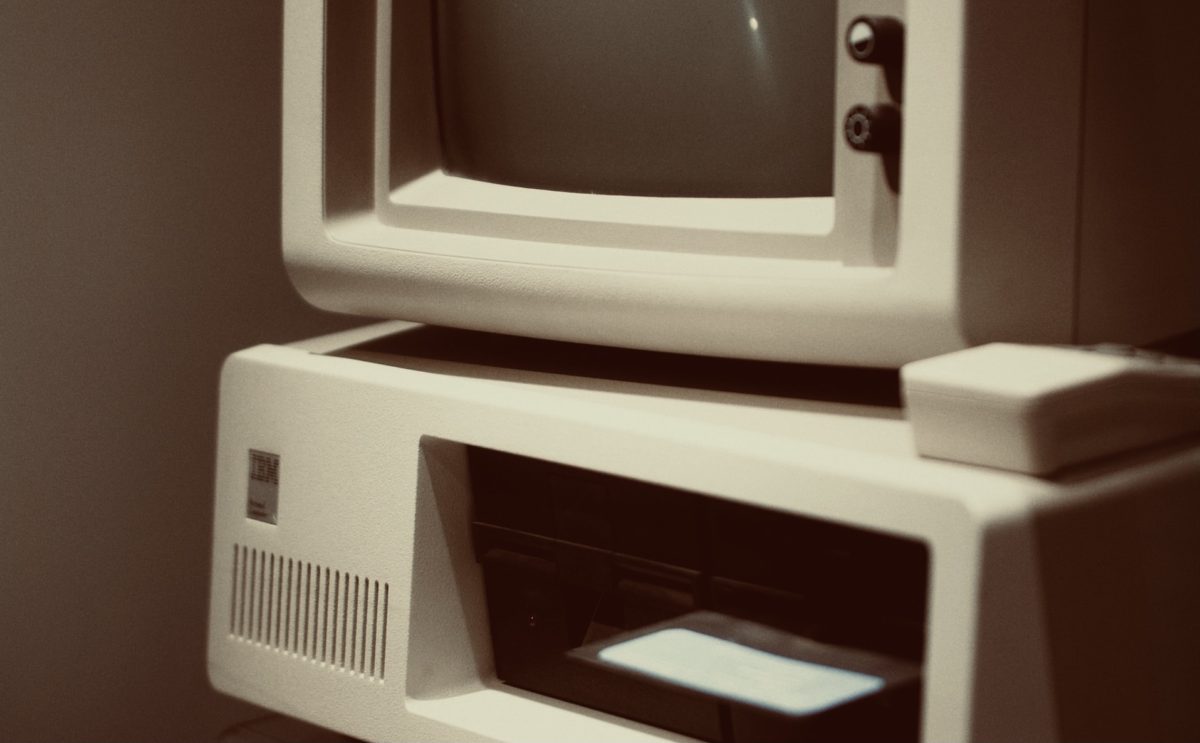The programmer and writer Mark Pilgrim, nearly eleven years ago, talked about sustainable computing at the hardware, operating system and application layers – the same ones we discussed in the context of Apple’s Mac computers with its M1 chip. He was speaking in the context of building a computer he could use for twenty years.
About the hardware, Mark says
People throw away computers every day because they’re “too slow” to run the latest version of their preferred operating system. Linux (and open source in general) is not immune to this, but I think it’s more immune than proprietary operating systems. Debian only recently dropped official support for Motorola 68K machines; that’s stuff like the Mac IIci that I bought off the clearance rack at Microcenter in 1992. The latest version of Debian still runs on my old PowerPC “G4” Apple laptop, even though the latest version of Apple’s operating system doesn’t. Commercial vendors have a vested interest in upgrading you to the latest and greatest; supporting the old stuff is unglamorous and expensive.
About operating systems,
People think Linux driver support sucks because newer hardware sometimes only works with proprietary Windows drivers. That’s true, but there’s a lot more old hardware in the world than new hardware, and Linux has superior support for older hardware because the community writes and maintains their own drivers. People throw away computer accessories every day because they upgrade their operating system and can’t find functioning drivers… I’m not saying Linux never drops support for older hardware, but the cycle is longer and the incentives are different.
He makes sound arguments about open source application software too, and we have discussed them on this site over many years. But what he ends with has stayed with me ever since:
Where my 20-year plan will most likely fail is not at the operating system or driver level, nor with the existing crop of applications. At some point we will invent an entirely new class of application, like the web browser was an entirely new class of application 20 years ago. This new class of application will naturally be targeted at the “current” hardware of the day, and nobody will bother to backport it to the hardware I have now. Chromium is actually a good example of this, only shifted a few years. It contains a dynamic JavaScript compiler (V8) which requires explicit support for each hardware architecture. There is no Chromium for PowerPC, even though it’s open source, because a central piece of the application only works on x86 and AMD64 architectures. There’s nothing stopping anyone from writing a PowerPC version of V8, but it’s unlikely to happen unless some super-genius hobbyist decides to take it on.


One reply on “Thinking through sustainable computing”
I still support some PowerPC apps and have machines 20 years old doing useful work to this day. A signed OS is something on a whole different level to me. The transition to intel from powerPC was painful. However, the powerPC stuff still works. The stuff that made it through that transition continues to work and have more capabilities. Once the OS is signed the owner of the signature decides what works. The signer now has control of my intellectual property as it becomes useless without the singers express consent. Frog indeed.